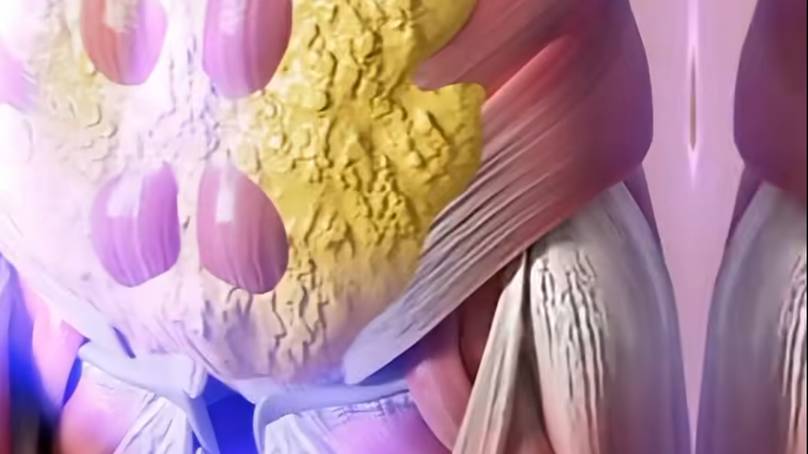What Happens Inside Your Body During 24 Hours of Fasting? Scientists Reveal Deep Repair Secrets.
Ever wondered what actually goes down inside your body when you decide to skip food for a whole 24 hours? Sure, going a day without munching anything might sound like pure torture—or maybe a mini vacation for your waistline—but fasting isn’t just a modern health fad. It’s got some pretty deep roots, weaving through centuries of medical wisdom, religious ritual, and cultural tradition. From Lent to Ramadan, fasting has played a starring role in nearly every major religion, and now it’s taking center stage in health circles, with claims that you can kickstart a ‘deep repair’ mode in your body. So, what’s the real scoop? Does your body just hit pause, or does it throw one heck of a metabolic party? Let’s unravel what a day without food really does to your system—spoiler alert: it’s more than just feeling hangry.
A doctor has explained what you can expect to happen to your body when undergoing a 24-hour fast.
Going a whole day without eating a single crumb of food is a daunting idea for most of us, yet there is a long history behind the practice. One which includes medical, cultural and religious motivations.
Variations of fasting are found in nearly all of mainstream religions, from Lent in Christianity to Ramadan in Islam and numerous fast days in Judaism.
More recently, going nil by mouth for either 12 or 24 hours is something which has been promoted for its health benefits, with one viral simulation claiming that a 24-hour fast allows the body to go into a state of ‘deep repair’ as you burn through its stores of energy.
But what actually happens inside the body when you stop eating for a day?
Here is a breakdown of what you can expert from a health expert.

Fasting is practiced for both health and non-health related reasons (Getty Stock Images)
What happens to your body when fasting for 24 hours?
If you don’t particularly spend a day not eating or are curious to find out what you’re in for, here are some of the changes which will take place inside your body when fasting for 24 hours.
When a person begin’s fasting, their body doesn’t simply take a day off, with Healthline explaining that you’d be around six hours into the fast before your body clocks on to the fact that your fasting, as there will be a backlog of the previous day’s meals to digest.
Once your stomach and intestines are emptied of food, the body begins to tuck into your energy stores.
After eight hours of fasting your body will begin using up glycogen to create energy. Once 12 hours have elapsed the body enters mini-ketosis mode and after 16 hours, autophagy – a process where the body breaks down and recycles unnecessary cells – begins.
Once you reach the 24 hour mark, the body targets fat as a source of fuel.

However, fasting is not for everyone (Getty Stock Images)
What are the benefits of fasting for 24 hours a day?
Spending a whole day without food isn’t for the faint hearted (literally), but what are the benefits?
According to guidance shared by Dr Eric Berg, who is known for his work on intermittent fasting, on his website there are several positives.
As you probably assumed from the above, fasting can help with losing weight and maintaining weight loss, but there are also plenty of other positives to be gained.
Intermittent fasting can also improve your metabolic health (how well you process nutrients from food) and digestive health. Together, the above benefits can also improve your cardiovascular health, lowering your risk of coronary artery disease, heart attack, and stroke.
Choosing to give your digestive tract a break can also help decrease inflammation, with some studies suggesting this may even have a positive knock-on effect certain inflammatory conditions such as IBS (irritable bowl syndrome).
What are the risks of fasting for 24 hours a day?
However, it’s important to note that fasting – either prolonged or intermittent – is not for everyone and can easily lead to health complications if not done properly.
Dr Berg notes that there are three main risks when it comes to fasting: dehydration, lack of nutritional reserves and a risk of overeating.
Fasting without consuming adequate amounts of water can lead to kidney problems as well as causing electrolyte imbalances in the body.
Fast for too long and you also run the risk of your body going into starvation mode, leading to it beginning to store more fat (via John Hopkins Medicine).
So, there you have it, fasting can be beneficial for the body but it’s certainly not a quick fix for everyone.


















